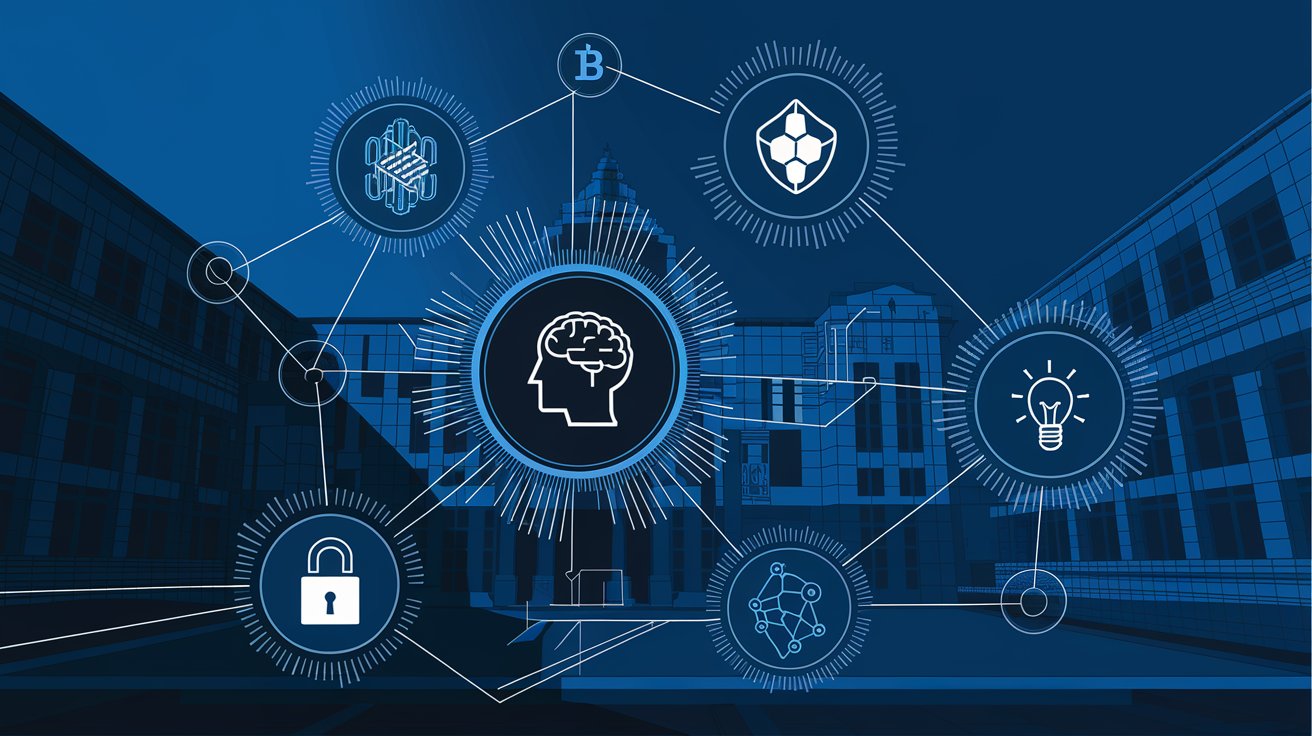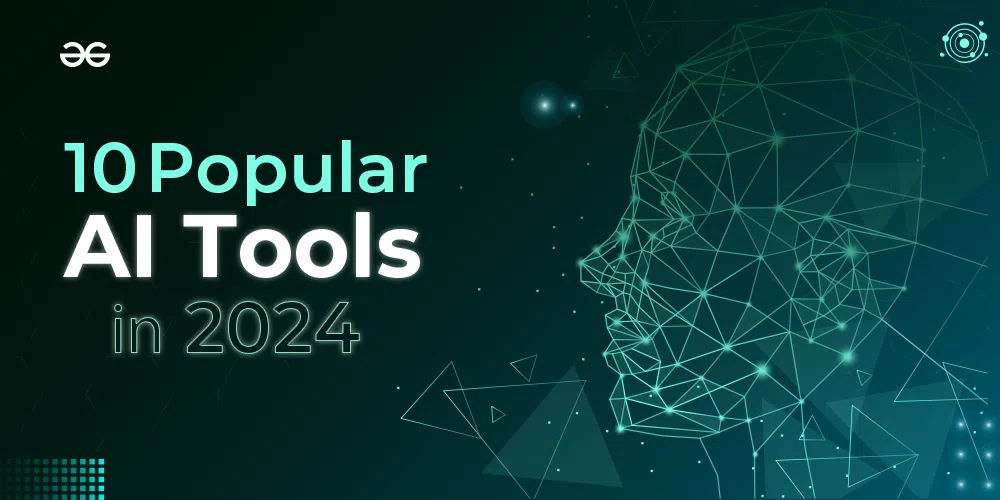In a significant move towards enhancing India’s cybersecurity capabilities, the Indian Institute of Technology Madras (IIT Madras) recently inaugurated the ‘Centre for Cybersecurity, Trust, and Reliability’ (CyStar). This centre aims to spearhead research and development in cybersecurity by focusing on both fundamental research and practical applications, thereby fostering innovations that can address the rising cybersecurity threats across critical sectors.
The CyStar initiative is set to become a key player in strengthening India’s cybersecurity infrastructure. It is expected to contribute immensely to various sectors such as finance, healthcare, automotive, and electronics. With the rapid advancement of digital technologies, safeguarding these sectors from cyber threats has become necessary.
A Multi-Dimensional Approach to Cybersecurity

At the heart of CyStar’s mission is a comprehensive strategy aimed at addressing emerging cybersecurity challenges. These challenges are particularly driven by Artificial Intelligence (AI), the rise of quantum computing, and the ever-expanding Internet of Things (IoT). With the post-quantum era on the horizon, traditional security models are becoming increasingly inadequate to protect critical infrastructure.
The centre aims to establish a multi-dimensional cybersecurity approach, which includes advancements in:
- Blockchain technology
- Security for AI models
- Cryptography
- Quantum security
- IoT security
This initiative is a response to the increasing need for robust security mechanisms that can tackle the complexities of today’s digitally interconnected world. The proliferation of AI-driven applications and the anticipated breakthroughs in quantum computing will expose existing systems to new vulnerabilities, making it imperative to develop next-generation cybersecurity solutions.
Key Collaborations and Industry Partnerships
The CyStar initiative is not just limited to academic research. It brings together a diverse array of industry partners, government agencies, and international collaborators. Some of the key partners involved in this initiative include:
- The Ministry of Electronics and Information Technology
- The Ministry of Education
- Vitesco Technologies
- Kaspersky
- IDBI Bank
- LG India
- Saptang Labs
- Algorand
- The Indo-French Centre for the Promotion of Advanced Research
These collaborations ensure that the cutting-edge research conducted at CyStar is translated into practical solutions that can be implemented in the real world. The involvement of industry leaders ensures that the research addresses real-world challenges, providing a holistic solution to the cybersecurity issues faced by various sectors.
Addressing National Security Needs
One of the key motivations behind the establishment of CyStar is the increasing prevalence of cyberattacks targeting critical infrastructure. These sector-specific cyberattacks pose a significant threat to national security, and the need for proactive defence mechanisms has never been more urgent. Professor V. Kamakoti, Director of IIT Madras, emphasized this point during the launch event, stressing the importance of building a resilient cybersecurity framework.
CyStar’s multidisciplinary team is tasked with developing proactive strategies to protect India’s critical infrastructure from these sector-specific cyber threats. The centre will focus on identifying vulnerabilities, conducting risk assessments, and creating defence mechanisms that can safeguard vital industries such as finance, healthcare, and automotive from sophisticated cyberattacks.
Pioneering Advancements in Blockchain and AI Model Security
CyStar’s research will focus heavily on blockchain technology and AI model security, both of which are pivotal to the future of cybersecurity. Blockchain, with its decentralized nature, offers an inherently secure framework for storing data and managing transactions. However, there are still challenges that need to be addressed, particularly in terms of scalability and interoperability with existing systems. CyStar’s research will aim to enhance blockchain security while ensuring that it can be implemented in real-world applications.
Similarly, the rise of AI-driven systems brings with it a new set of challenges. AI models, particularly those used in critical applications like autonomous vehicles, healthcare diagnostics, and financial systems, are becoming increasingly complex. Ensuring the security of these models is crucial to preventing malicious attacks that could compromise their integrity. CyStar’s work in AI model security will focus on developing algorithms and frameworks that can detect and neutralize threats before they cause damage.
Cryptography and Quantum Security: Preparing for the Future
Cryptography has long been the backbone of digital security. However, with the advent of quantum computing, traditional cryptographic techniques may no longer be sufficient. Quantum computers, with their immense processing power, could potentially break the encryption standards that are currently used to secure sensitive information. CyStar is actively working on developing quantum-resistant cryptographic algorithms to ensure that India’s cybersecurity framework remains resilient in the face of these new challenges.
In addition to this, the centre will explore quantum security, an emerging field that leverages the principles of quantum mechanics to create unhackable encryption methods. This cutting-edge research is aimed at future-proofing India’s cybersecurity infrastructure, ensuring that it can withstand the threats posed by quantum computing advancements.
Fostering Industry-Academia Collaboration
CyStar’s mission goes beyond just research and development. The centre is also dedicated to fostering a strong industry-academia collaboration, which is crucial for translating theoretical research into practical applications. By collaborating with leading industry partners, CyStar aims to create innovative cybersecurity solutions that can be deployed in real-world scenarios.
This collaboration will also benefit students, researchers, and professionals by providing them with opportunities to work on cutting-edge projects, gain exposure to real-world cybersecurity challenges, and contribute to the development of next-generation security solutions.
Moreover, CyStar is committed to nurturing start-ups in the field of cybersecurity. The centre will provide a platform for entrepreneurs to develop innovative cybersecurity products and services, which can help address the growing demand for cybersecurity solutions in India and globally.
Conclusion: A New Era of Cybersecurity Innovation
The launch of CyStar at IIT Madras marks a significant step forward in India’s cybersecurity journey. By combining fundamental research with practical applications, and fostering collaborations between industry, academia, and government, CyStar is set to become a hub for cybersecurity innovation. The centre’s comprehensive approach, which includes advancements in blockchain, AI model security, cryptography, and quantum security, ensures that India’s critical infrastructure is well-equipped to handle the cybersecurity challenges of the future.
As we move into an era where AI, IoT, and quantum computing redefine the technological landscape, the need for robust cybersecurity frameworks has never been greater. CyStar is poised to lead the way in securing India’s digital future by developing innovative solutions that address these emerging threats.




















